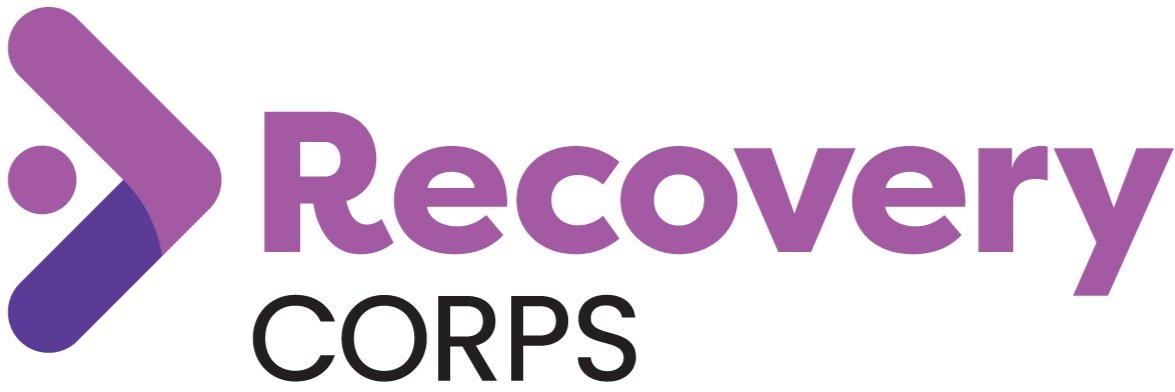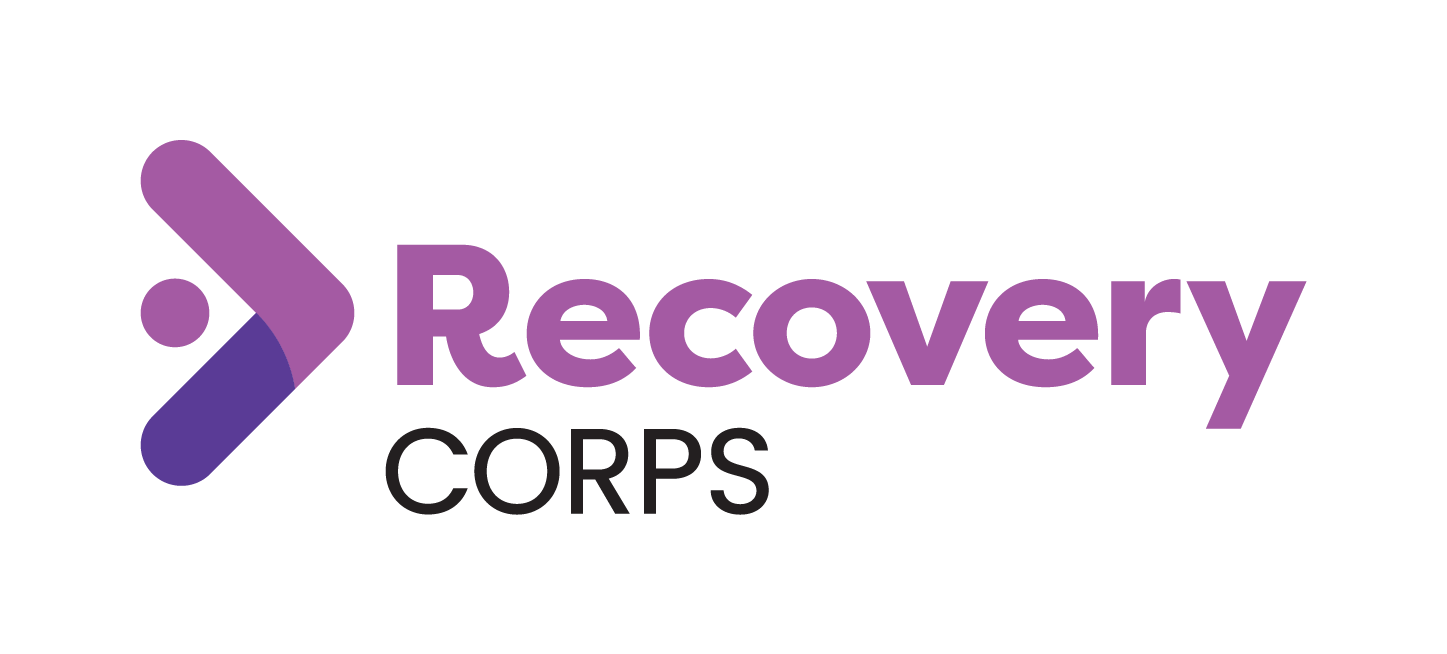Recovery Navigator opens doors in Lynchburg, Virginia
Recovery Corps supports local recovery organizations so they can serve more people in their communities. Dakota is one member who’s done just that! As a Recovery Navigator, she uses her own lived experience with recovery to help others on their recovery journeys.
“I’ve always wanted to help people. There are still a lot of people in my life who are not in recovery yet, so it just made sense to me,” says Dakota. “I’ve gotten over those hurdles and hopefully can help other people in my life.”
Even before Recovery Corps, Dakota had an inclination to help others because someone in her life helped her. "My mentor back in the day, she was in recovery, and she was very open about that. That’s what really motivated me to apply for this position. I’m still in contact with her all the time. That was more than ten years ago.”
The staff at Dakota’s service site are grateful to have her support. Having spent significant time in the Hispanic community in Lynchburg, Virginia, Dakota brings her knowledge and connections into her service. "It is exciting that Dakota is a part of our team who is so engrained in the Hispanic community,” says Bryon, Chief Operating Officer of Roads to Recovery in Lynchburg, Virginia. “You need someone that’s a part of that community to explain that community's needs.”
As a Recovery Navigator, Dakota supports people in recovery and facilitates women’s group sessions. With the added capacity she brings, she has also helped Roads to Recovery implement new curriculum. "She has brought so much,” Bryon says. “It’s life and death. You’re literally saving lives by investing in AmeriCorps and investing in Recovery Corps.”
Like many of her peers, Dakota never realized it was possible to help others on their journeys without having professional experience. “I didn’t get my certification because it was a 72-hour class. I was going to lose my job doing that. How would I pay my bills? I’m not sure if I ever would have pursued a peer recovery position if I didn't hear about Recovery Corps.”
The training and service hours Recovery Navigators complete can be counted towards peer recovery support certification. In Virginia, serving just one term meets the qualifications to take the exam, and Ampact will cover the expense!
“We’re really trying to work on breaking the stigma,” explains Dakota.” When I talk to people who are going through it and I tell them where I'm working, they can’t believe that something like this exists. It really is a blessing. To meet other people around Virginia who all part of this organization, it’s another added bonus to the trainings and certification. I just love it all together.”
If you or someone you know are interested in helping make recovery possible for more people, visit RecoveryCorps.US to learn more.


